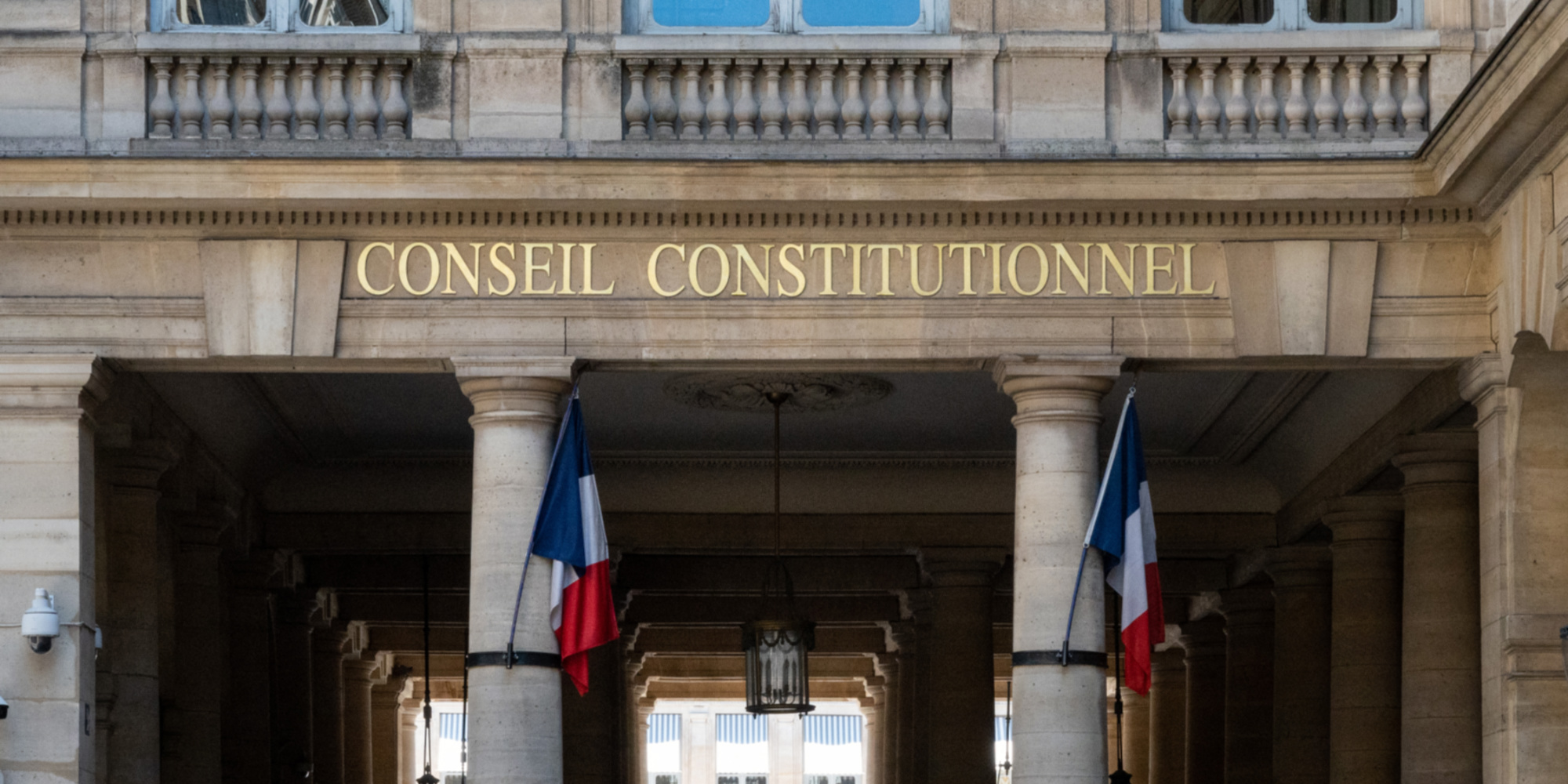Europe 1 with AFP 3:02 p.m., December 30, 2022
The bulk of the government's finance law for 2023 was validated on Thursday by the Constitutional Council.
While deputies attacked the terms of use of article 49-3, the high court considered "that no constitutional requirement was disregarded during the implementation of the procedure".
The Constitutional Council validated Thursday the main part of the government's finance law for 2023, and in particular the methods of use of article 49-3 of the Constitution, attacked by certain deputies.
The Ministry of the Economy welcomed in a press release that "the Constitutional Council confirms the entry into force of the main provisions of the 2023 budget" including "the abolition in two years of the contribution on the added value of companies ( CVAE), (...) the extension and strengthening of shields against rising energy prices for households, communities and businesses (and) the introduction of a co-payment for the personal training account (CFP)".
>> READ ALSO
- The five measures to remember from the finance bill, presented on Monday
Elisabeth Borne used 49-3 ten times
Article 49-3 allows the government to have a legislative text adopted without a vote by engaging its responsibility.
Prime Minister Elisabeth Borne has used this procedure ten times for the 2023 finance law, which can be used unlimitedly in budgetary matters.
The applicant deputies had considered it unconstitutional to engage "the responsibility of the government before the National Assembly on the vote of the first and then the second part" of the draft budget, arguing that "the constitution would impose to exercise this prerogative on the vote of the entire project", recalls the Council in its decision.
The high court found them wrong, ruling "that no constitutional requirement was disregarded during the implementation of the procedure provided for by the third paragraph of article 49 of the constitution".
The Constitutional Council also decided that the right of amendment of parliamentarians had been respected, rejecting the referral of deputies who considered that amendments would not have "been treated" nor "registered on the agenda".
Finally, the high court declared the 2023 budget sincere, dismissing the grievances of deputies who called into question the government's economic forecasts on the basis of the reservations issued by the High Council of Public Finances in its opinion of 21 September.
Seven articles excluded from the text
The Constitutional Council ruled in particular that the 1% growth forecast for the gross domestic product (GDP) in 2023 on which the budget is based is not tainted "with an intention to distort the main lines of the balance of the budget law.
The High Court nonetheless excluded seven articles from the text on the grounds that their purpose is not of a budgetary nature.
Is rejected article 82 which wanted to introduce a new article in the customs code providing that the judicial authority communicates to the customs administration any information that it collects" as well as article 98 which authorized the government to modify by ordinance "the framework applicable to the conduct of inspection operations of goods, means of transport and persons" by the same customs.
>> READ ALSO
- For Christmas, the ministers offer a "49-3" jersey to Elisabeth Borne
Article 143 establishing a transport financing conference in Ile-de-France is also censored.
On Tuesday, the Constitutional Council had already validated most of the Social Security budget for 2023, apart from the reimbursement of certain work stoppages prescribed by teleconsultation.

